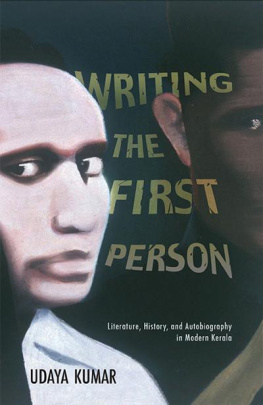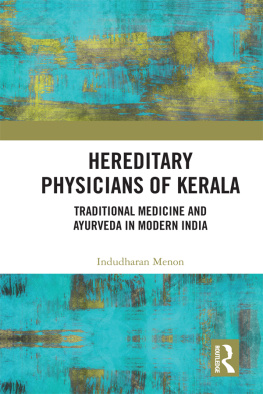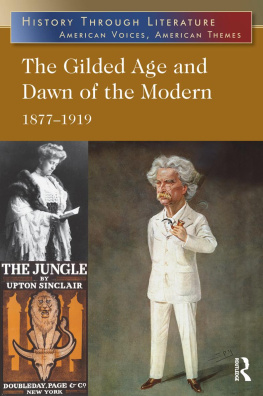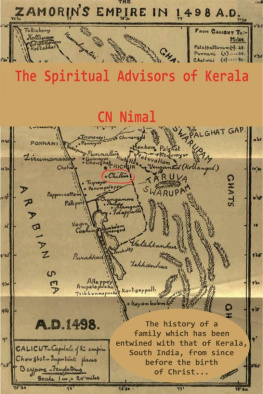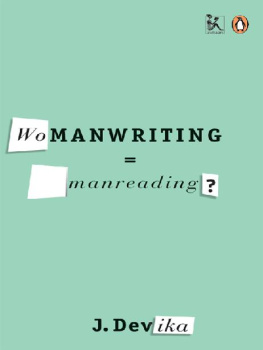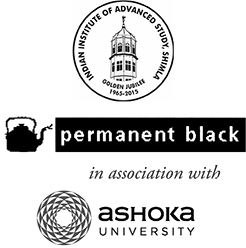Writing The First Person
Published by
PERMANENT BLACK
Himalayana, Mall Road, Ranikhet Cantt,
Ranikhet 263645
and
Indian Institute of Advanced Study, Shimla
in association with
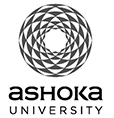
Distributed by
Orient Blackswan Private Limited
Registered Office
36752 Himayatnagar, Hyderabad 500 029 (Telangana), INDIA
e-mail:
Other Offices
Bangalore Bhopal Bhubaneshwar Chandigarh
Chennai Ernakulam Guwahati Hyderabad Jaipur
Kolkata Lucknow Mumbai New Delhi Patna
2016 Indian Institute of Advanced Study, Shimla
eISBN 978-81-7824-581-2
e-edition: First Published 2020
ePUB Conversion: .
All rights reserved. No part of this publication may be reproduced, distributed, or transmitted in any form or by any means, including photocopying, recording, or other electronic or mechanical methods, without the prior written permission of the publisher, except in the case of brief quotations embodied in critical reviews and certain other noncommercial uses permitted by copyright law. For permission requests, please write to the publisher at .
Acknowledgements
O ver its unusually long period of gestation, this book has accumulated debts far too numerous to acknowledge adequately. Its origins were in a research project I worked on as a Fellow at the Indian Institute of Advanced Study, Shimla, almost two decades ago. Initially proposed as an enquiry into the development of autobiographical writing in Malayalam, the project developed into a study of idioms of self-articulation through several genres of writing from the late-nineteenth and early-twentieth century in Kerala.
A first draft of the manuscript was submitted to the Institute in 1998 and was soon accepted for publication. However, I felt that more research and thinking were needed. For a variety of personal and intellectual circumstances, the process took longer than expected. Much of my research and writing over the past years has been closely linked to the issues I began grappling with in Shimla; this has helped in developing my initial ideas more clearly, in greater detail, and in new directions. I would like to thank Professor Mrinal Miri, who was Director of the Indian Institute of Advanced Study during my fellowship, and Professor Chetan Singh, the present Director, for their warm and generous support in making this book and its publication possible.
In addition to the Indian Institute of Advanced Study, several institutions have supported my work on this book and I am indebted to them all. I wish to thank the University of Delhi, where I taught at the English Department for the major part of the past two decades; the Centre for Studies in Social Sciences (CSSSC), Calcutta, where I worked as a faculty member for three years; Newcastle University, which hosted me on a Leverhulme Visiting Professorship; and the Nehru Memorial Museum and Library (NMML), where a Senior Fellowship enabled me to complete this manuscript as well as do some new research. Friends, colleagues, and students at these institutions have played a tremendously important role in shaping this book. Many of them read earlier versions of the chapters, and their responses helped correct misconceptions and opened new directions of thinking. Partha Chatterjee and Mahesh Rangarajanthen directors of the CSSSC and the NMML, respectivelywere unstinting in their support.
Earlier versions of some arguments developed in this book have appeared elsewhere. Parts of the analyses in chapters 2 and 3 were published in Studies in History ; some ideas in chapters 4 and 5 were initially formulated for a contribution to the volume Early Novels in India edited by Meenakshi Mukherjee; initial versions of the analyses in chapter 6 were published in History in the Vernacular edited by Raziuddin Aquil and Partha Chatterjee, and in Different Types of History edited by Bharati Ray.
The intellectual friendship of G. Arunima, Sibaji Bandyopadhyay, Prathama Banerjee, Baidik Bhattacharya, Rimli Bhattacharya, Howard Caygill, Partha Chatterjee, Dipesh Chakrabarty, Pradip Datta, J. Devika, Oommen George, Aniket Jaaware, Ritty Lukose, Dilip Menon, Tilottama Misra, Udayon Misra, Sanal Mohan, Navaneetha Mokkil, Meenakshi Mukherjee, Janaki Nair, Francesca orsini, Ayyappa Paniker, Rochelle Pinto, Ratheesh Radhakrishnan, Manas Ray, V. Sanil, K. Satchidanandan, Sambudha Sen, Suresh Sharma, Tridip Suhrud, Rajeswari Sunder Rajan, Milind Wakankar, and A.R. Venkatachalapathy have been invaluable for my thinking, and conversations with them have helped hugely. I have also been fortunate in my close personal friendsAnu, Jayan, Jose, Marcus, Maya, Nilofer, PK, Ritty, Sambudha, Sangeetha, Satheesh, Savithri, Sebastian, Venu and many otherswhose affection has been an unfailing source of sustenance during these past years.
My thanks to Veena are difficult to express; without her, this book, like so much else in my life, would remain unthinkable.
I owe a special note of thanks to Rukun Advani and Anuradha Roy of Permanent Black for accepting this as a manuscript. The book has gained a lot in clarity and coherence from Rukuns attentive, extraordinarily caring editing.
Thanks to Shibu Natesans warmth and generosity, the jacket shows an image of his Kumarasan, a painting I admire for its rare beauty and force. I am very grateful for his permission to use it.
B. Rajeevans work, as well as his personal and intellectual friendship, have been enormously important for my thinking, and this book bears indelible traces of his proximity. In affectionate acknowledgement, I dedicate this book to him.
udaya kumar
New Delhi, February 2016
Conditions of Self-Writing
T his book began as an attempt to understand the beginnings of autobiographical writing in Malayalam, the major language of Kerala in South India. As in most Indian languages, autobiographies began to make their appearance in Malayalam in the nineteenth century. Some of these were written in the context of Protestant Christian missionary activity and testified to experiences of religious conversion; others were authored by persons of some public standing.
The documentation of ones own life was not always undertaken with the aim of later publishing it; the beginnings frequently suggest an intent more modest and informal. For instance, when K. Kannan Nair, a well-known figure in the Nayar reform movement, decided to write his autobiography in 1939, he assured his readers that his account was based on a diary he had kept continuously for almost fifty years. Short essays in periodicals, many of which had just begun to appear, offered another form in which idioms of first-person writing were forged. Entertaining anecdotes and ordinary experiences from the everyday formed an important part of these pieces.
In the twentieth century, autobiographical writing in Kerala stabilized as a literary genre and developed a canon. Narratives of personal life, set against a background of changing times, acquired prominence and came to shape the genres principal features. In these texts, a narrative about ones own lifea self-narrativebecame the means of documenting a world rapidly receding into the past, and for recording personal testimonies of social change. Autobiography became an important form for the writing of histories outside the professional or academic domain. Several dimensions of social and individual life, which often do not find much room in scholarly histories of the period, managed ample space in these personal narratives. Experiences of embodiment and social inhabitation, which relate a subject not only to the world but also to ones own identity, found at times their strongest articulation in them. These oblique pulsations of history in the timbre of the first-person voice raise some fertile questions.

